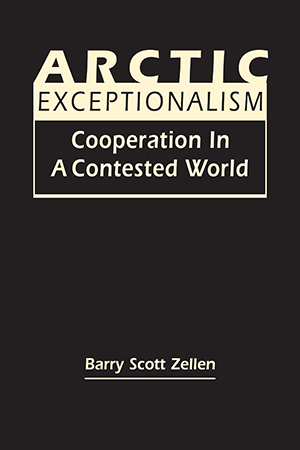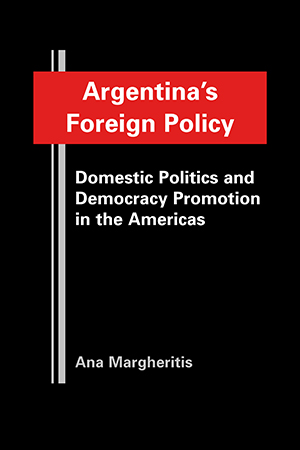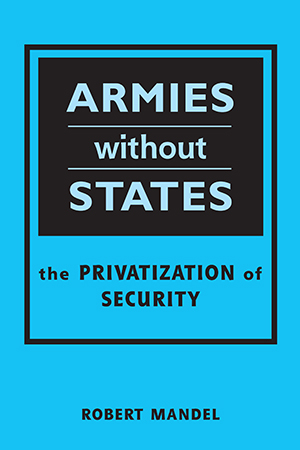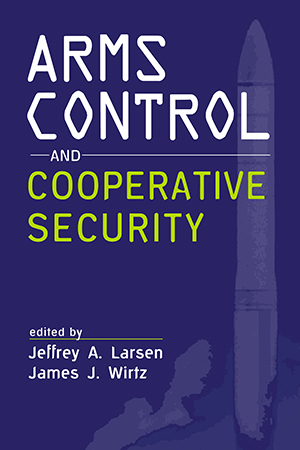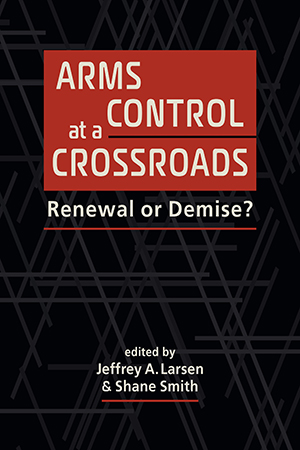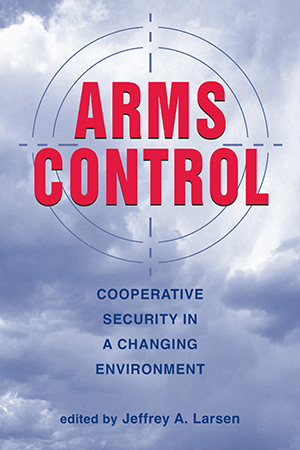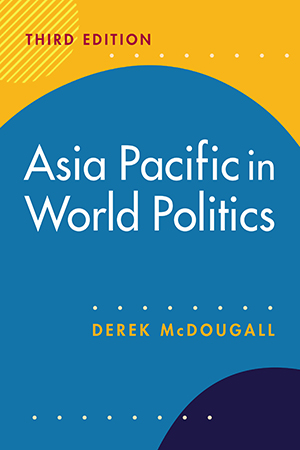BOOKS
For some three centuries, the Arctic region has been a zone of collaborative governance. The interests of diverse sovereign states, indigenous peoples, NGOs, and other stakeholders have been More >
Throughout his thought-provoking assessment of Argentina, Gary W. Wynia offers and informed and sensitive view of a nation of wealth, pride, and sophistication that finds itself severely More >
Why would a state commit to foreign policy actions that do not appear to have relevance to its national interests? And what can we learn from Argentina’s extensive involvement in More >
What does the increasing use of private security forces mean for governments? For individuals? Armies Without States offers a comprehensive analysis of the varieties, causes, and More >
Reflecting the ongoing debate about the value of traditional arms control in today’s security environment, Arms Control and Cooperative Security thoroughly covers this complex More >
Is there a role for traditional arms control in today’s increasingly complex security environment? What new concepts and mechanisms are needed to make it valuable as a tool for More >
Beginning with Mikhail Gorbachev's December 1988 announcement that Moscow intended to unilaterally reduce its conventional armed forces, the spotlight on arms control has turned away More >
More than a decade after the end of the Cold War, the need to control the spread of arms remains clear, while the usefulness of traditional paradigms is increasingly called into question. More >
After agriculture and tourism, artisan work provides the next most significant source of income in many developing countries. Yet, there is strong disagreement among both politicians and More >
This new edition of Asia Pacific in World Politics reflects the impact of nearly a decade of significant events and shifts in the region: the escalation of the conflicts between China and More >


